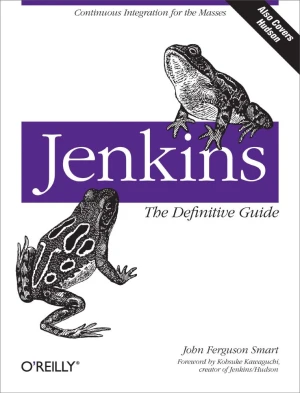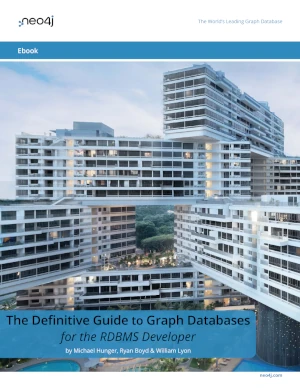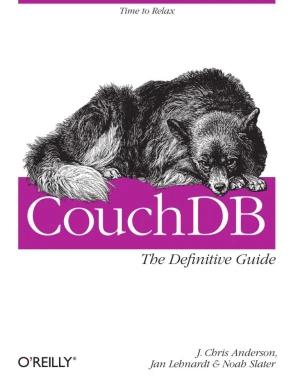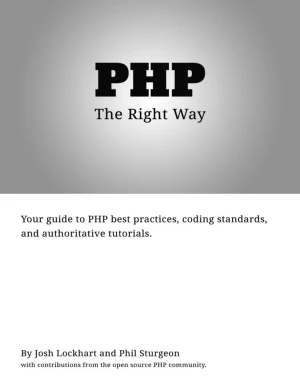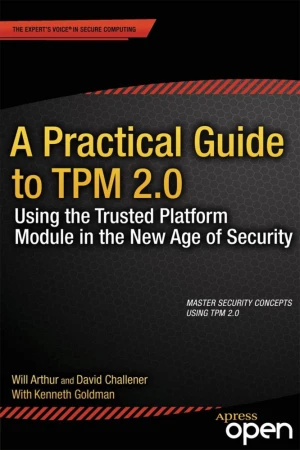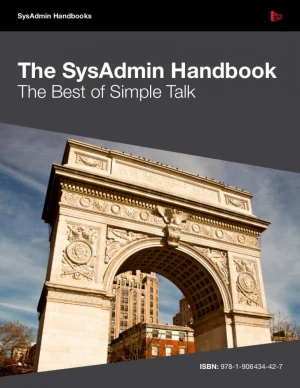The Definitive Guide to Lift
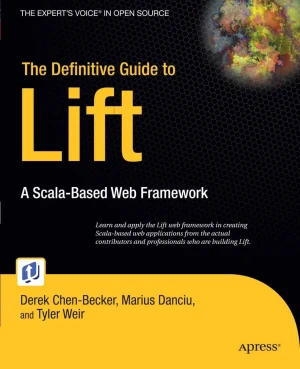
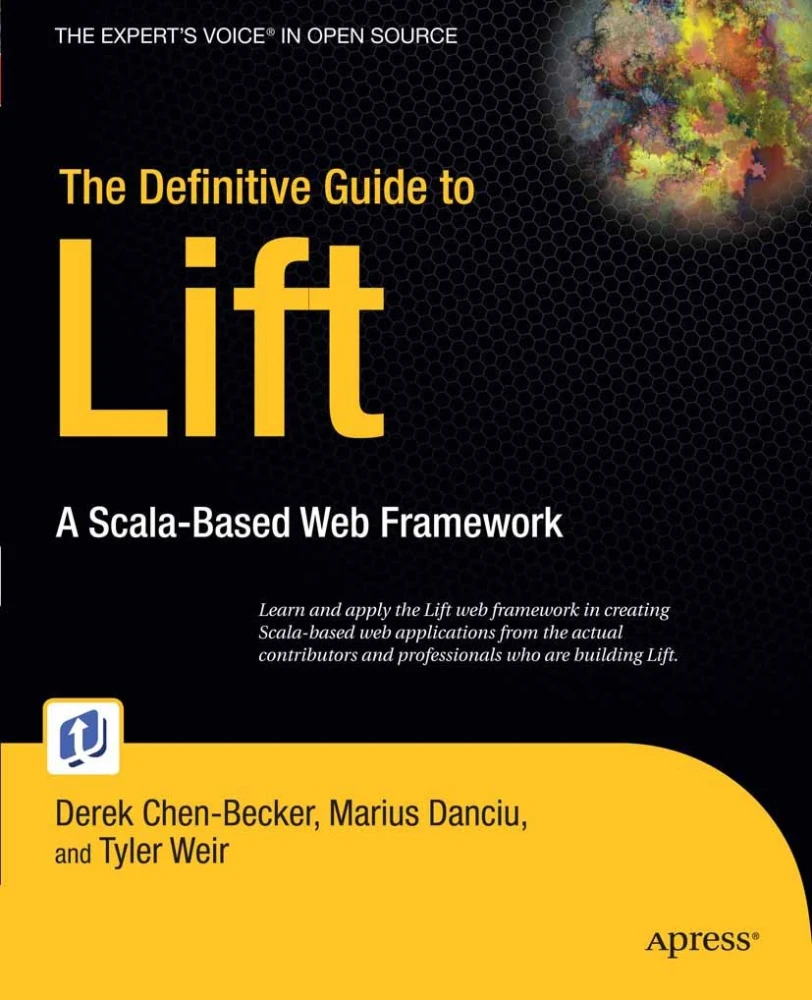
Book Details
| Authors | Derek Chen-Becker, Marius Danciu, Tyler Weir |
| Publisher | Apress |
| Published | 2012 |
| Edition | 1st |
| Paperback | 289 pages |
| Language | English |
| ISBN-13 | 9781430224211 |
| ISBN-10 | 1430224215 |
| License | Creative Commons Attribution-NoDerivatives |
Book Description
Lift is designed to make powerful techniques easily accessible, while keeping the overall framework simple and flexible. Lift makes it fun to develop because it lets you focus on the interesting parts of coding.
For those of you have experience with other web frameworks such as Struts, Tapestry, Rails, et cetera, you must be asking yourself, "Why another framework? Does Lift really solve problems any differently or more effectively than the ones I've used before?" Based on our experience (and that of others in the growing Lift community), the answer is an emphatic, "Yes!" Lift has cherrypicked the best ideas from a number of other frameworks, while creating some novel ideas of its own. It's this combination of a solid foundation and new techniques that makes Lift so powerful.
At the same time, Lift has been able to avoid the mistakes made in the past by other frameworks. In the spirit of "convention over configuration," Lift has sensible defaults for everything while making it easy to customize precisely what you need to: no more and no less.
This book is available under a Creative Commons Attribution-NoDerivatives license (CC BY-ND), which means that you are free to copy and distribute it, as long as you give appropriate credit to the original author and do not create modified versions of the work.
If you enjoyed the book and would like to support the author, you can purchase a printed copy (hardcover or paperback) from official retailers.
Download and Read Links
Share this Book
[localhost]# find . -name "*Similar_Books*"
Jenkins: The Definitive Guide
Streamline software development with Jenkins, the popular Java-based open source tool that has revolutionized the way teams think about Continuous Integration (CI). This complete guide shows you how to automate your build, integration, release, and deployment processes with Jenkins - and demonstrates how CI can save you time, money, and many headac
The Definitive Guide to Graph Databases
First and foremost, the authors did not write this book to criticize relational databases or undermine a still-valuable technology. Without relational databases, many of today's most mission-critical applications would not function, and without the early innovations of RDBMS pioneers, modern database technology would not have advanced as far as it
CouchDB: The Definitive Guide
Three of CouchDB's creators show you how to use this document-oriented database as a standalone application framework or with high-volume, distributed applications. With its simple model for storing, processing, and accessing data, CouchDB is ideal for web applications that handle huge amounts of loosely structured data. That alone would stretch th
PHP: The Right Way
There's a lot of outdated information on the Web that leads new PHP users astray, propagating bad practices and insecure code. PHP: The Right Way is an easy-to-read, quick reference for PHP popular coding standards, links to authoritative tutorials around the Web and what the contributors consider to be best practices at the present time. There is
A Practical Guide to TPM 2.0
A Practical Guide to TPM 2.0: Using the Trusted Platform Module in the New Age of Security is a straight-forward primer for developers. It shows security and TPM concepts, demonstrating their use in real applications that the reader can try out. Simply put, this book is designed to empower and excite the programming community to go out and do cool
The SysAdmin Handbook
Over the past two years, Simple-Talk has published articles on a variety of SysAdmin topics, from Exchange to Virtualization, and including everything from Powershell to Unified Messaging. We have brought the best of these articles together to form The SysAdmin Handbook. With over fifty articles packed into this book, it will be an essential refere

